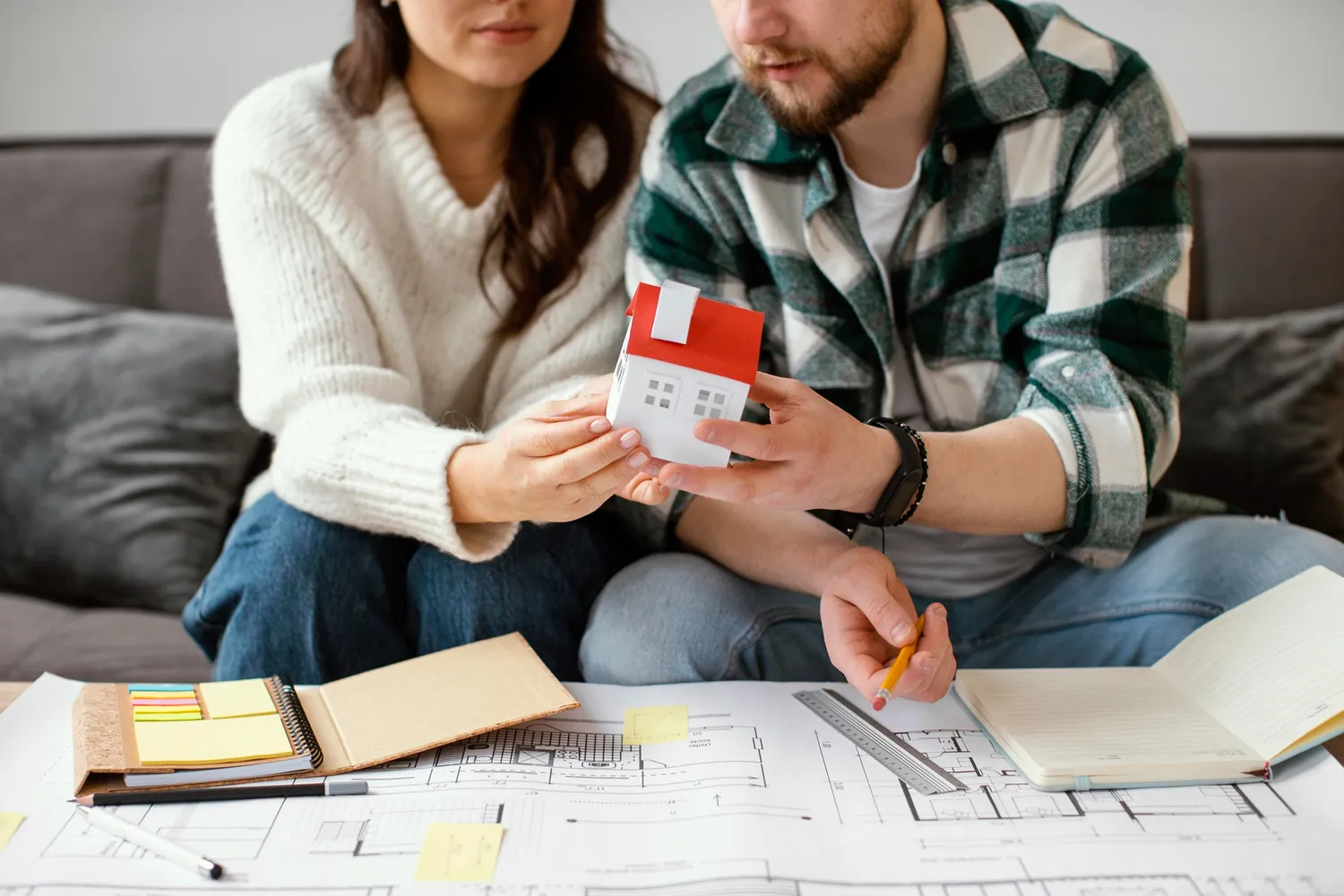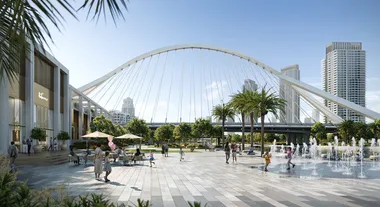To buy or not to buy in Dubai?
- Better Informed
- 27 Dec, 2020

Table of Contents
If you think you’ll be in Dubai for the foreseeable future, then it may be time to buy, says Richard Waind, Managing Director of Betterhomes.
No one likes to throw their money away on rent, but switching from tenant to homeowner is a big step and a major financial consideration. A high achiever in every respect, it’s not often that Dubai wants to rank anywhere lower than first place, but the Mercer 2020 Cost of Living survey puts a different spin on things by comparing lifestyle costs in 500 cities around the world. The emirate came in at 23rd place, with the report authors attributing competitive compensation packages, falling real estate prices, and high safety standards as key drivers.
5 REASONS TO BUY
1) Recent price reductions now show real value
2) Low interest rates mean repayments are low (often lower than renting)
3) Equity upon selling (paying down the mortgage and hope of capital growth)
4) If you leave, you can rent it out and earn an income
5) You can renovate and remodel to add value
Is it a good time to buy?
“The decision to buy a home is a personal one and usually depends on one’s family, work, and financial situations. If you have the money for a deposit and can afford repayments – despite the uncertainty of the last year – the evidence suggests now is a prime time to buy,” says Richard Waind, Managing Director of Betterhomes. “Prices in Dubai have continued to fall, while the demand has increased, and as I write this in late 2020, we are noticing prices showing signs of recovery in key communities – especially for villas. I advise buyers to assess their personal circumstances before buying, but after six years of price falls in Dubai, we may be seeing signs of the market stabilizing. I would expect anyone buying now – with a medium to long term view – to be hopeful for healthy capital growth in the coming years.”
What are the other benefits?
“There is nothing like having your own property to call home. With prices at a six-year low, plus interest rates dropping by 25% over the last year, many renters find their monthly outgoings would be reduced if they were to purchase a property and switch to a mortgage. The major benefit then is that you are investing in your own asset over the coming years, rather than paying off someone else’s mortgage.”
Have deposit requirements for mortgages changed?
“Yes, in March 2020 the UAE government reduced the Loan to Value (LTV) requirement for first time buyers getting a mortgage to 80%, meaning you can now secure a mortgage with a deposit of 20%. Previously it was 25%. Some banks will also include all other fees within the loan amount so the total down payment would be 20%. It is always worth speaking to a professional mortgage broker to get advice on which banks offer the best rates and what their LTV requirements are. Valid for a period of up to 25 years, fixed rate mortgage products (which usually run for a maximum of five years before switching to a variable interest rate) currently range from 3-4%.”
Cost it out
Your deposit isn’t the only financial outlay, with a number of upfront fees and related home purchase costs to build into your budget. These add up to around 7% of the total purchase price and include:
1) 4% Dubai Land Department (DLD) transfer fee (based on total property purchase price)
2) 0.25% DLD mortgage registration fee (% of a total agreed on the home loan) + Dhs290 admin fee
3) Dhs2,000-4,000 property registration fee (dependent on the value of the property)
4) Dhs2,500-3,000 property valuation fee
5) Bank mortgage set-up fee (could be zero, or anywhere up to 1% of the total loan amount)
6) 2% real estate broker fee
7) 4% Oqood fee for off-plan sales only
Homebuyer checklist
Grab a clean sheet of paper, sharpen a pencil, and ask yourself the following questions:
How long do I plan on staying here?
If it’s only a couple of years or there’s a strong possibility that your company might relocate you, and the thought of renting your home out sounds like too much hassle, stick to renting.
Can I really afford it?
How stable is your job? If you have a regular income and your company is doing well, it’s potentially less risky. Word of warning: your mortgage is linked to your residency, so if you do leave Dubai, your mortgage will either need to be paid off (cash or house sale) or you’ll need to renegotiate the terms with the bank (if you want to rent it out, for example).
Can I afford the down payment?
The first hurdle is the average 20% upfront down payment (a significant amount for any investor in any market) as well as the mortgage repayments. Personal loans cannot be used to finance down payments for property investments in the UAE.



















